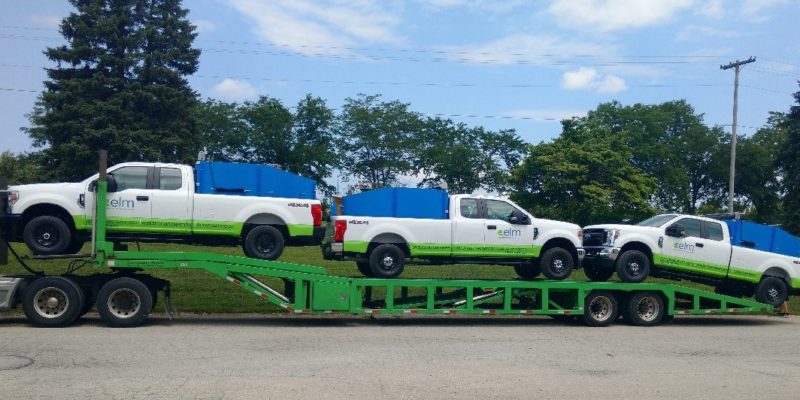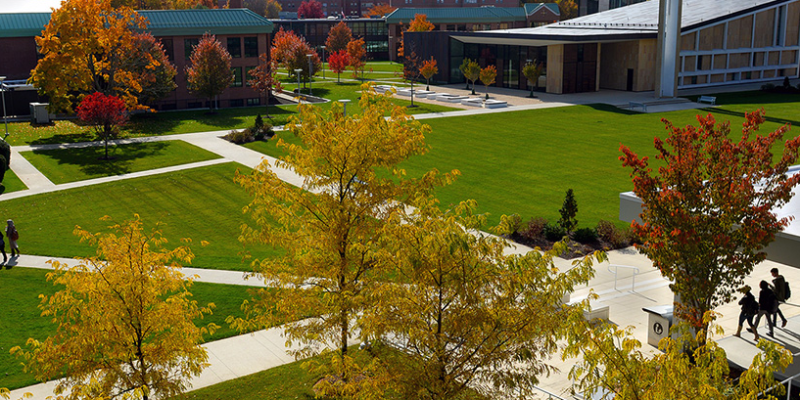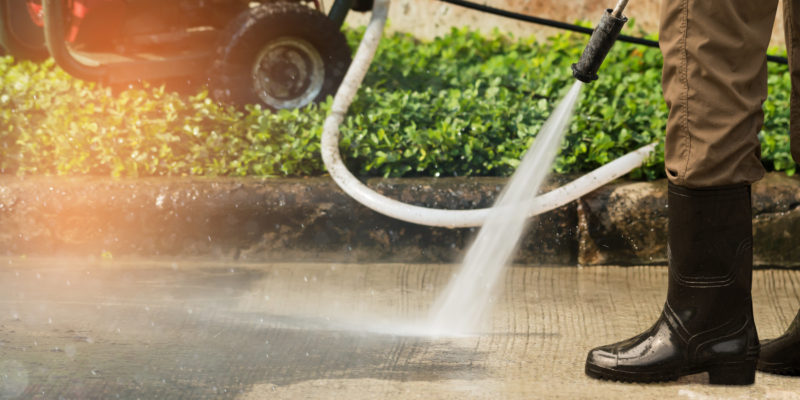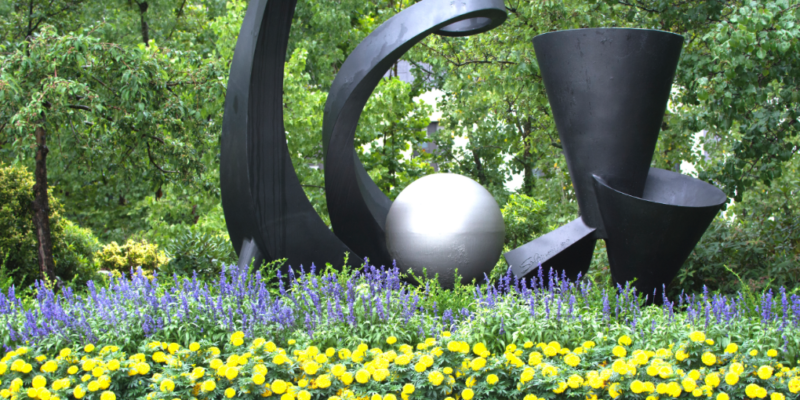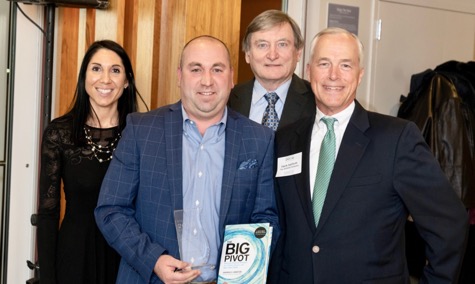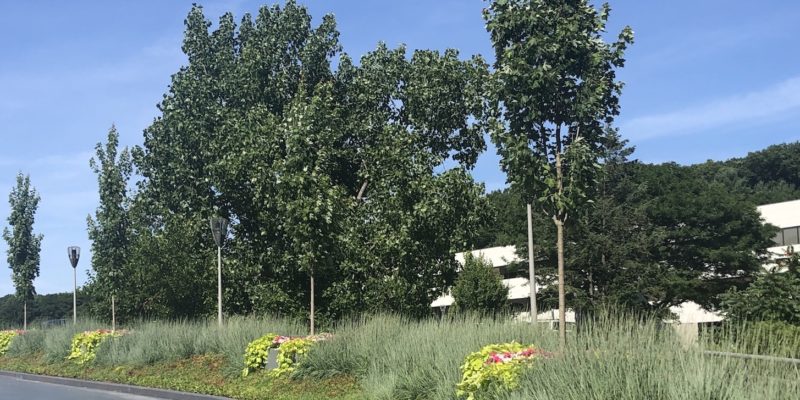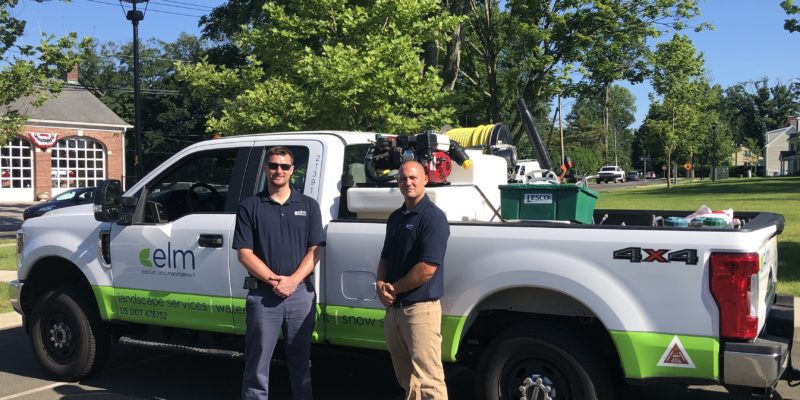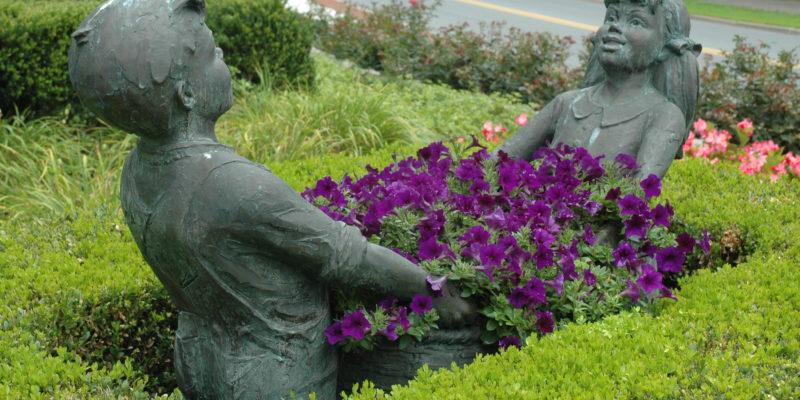From utility to performance and durability, we’re all-in on the rugged reliability of our new fuel-efficient Ford 350s.
Landscapers can’t live without a heavy-duty delivery system and for us, this next generation model promises to out-haul and out-perform any truck we’ve had before.
Our quest for fuel economy, technological advancements, and smarter ways of working never ends and the impressive mileage data on this model will make our fleet upgrade more cost effective overall.
We customized our crew cabs with Covid-compliant acrylic safety dividers, and added high-capacity cargo containers that will generate less drag, deliver greater engine efficiency, and offer our all-season team greater endurance.
We know there’s no end in sight for ways to shrink our environmental footprint. From streamlining trailers, to burning less fuel, to making major improvements in energy savings, our team is stepping up to power smarter growth.
To learn more about how landscape efficiencies benefit long-term requirements for doing more with less, contact Bruce Moore Jr, @ 203-316-5433.

